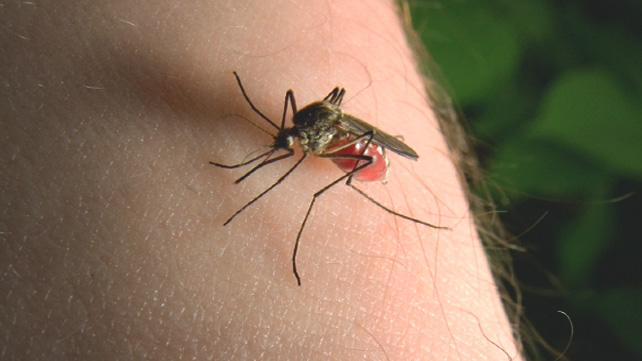
In yet another breakthrough trial, a group of researchers has been able to achieve a rare feat by turning one of the most contagious parasites into a vaccine-delivering body. The group conducted the trial with the help of 200 mosquitoes.
While similar experiments have been conducted in the past too, the current results become more significant since this is the first time CRISPR (Clustered Regularly Interspaced Short Palindromic Repeats) was used. With this, the researchers were able to genetically modify the odious insects into delivering vaccinations for malaria through mosquito bites.
The findings of the trial which was published in Science Translational Medicine suggested that the study was conducted on 26 individuals out of which 14 contracted malaria after a few months depicting that the delivery mechanism is effective in only about 50 percent of cases. However, this is greater than the world’s first malarial vaccine which was approved by the World Health Organization last year in 2021 and had an efficacy rate of only 30-40 percent.
One of the participants Carolina Reid shared her experience with NPR (National Public Radio, US) and told that she had to put her arm over a cardboard box filled with 200 mosquitoes, post which a volunteer covered her arm with a black cloth since mosquitoes tend to bite at night. Later she found that her whole forearm was swelled and blistered.
According to Dr. Sean Murphy, a scientist at the University of Washington and the first author of the publication said, “We use the mosquitoes like they’re 1,000 small flying syringes.” However, the aim is not to release huge numbers of mosquitoes that inoculate against malaria instead of spreading it but rather to find a more cost-effective method of developing and distributing vaccines.



